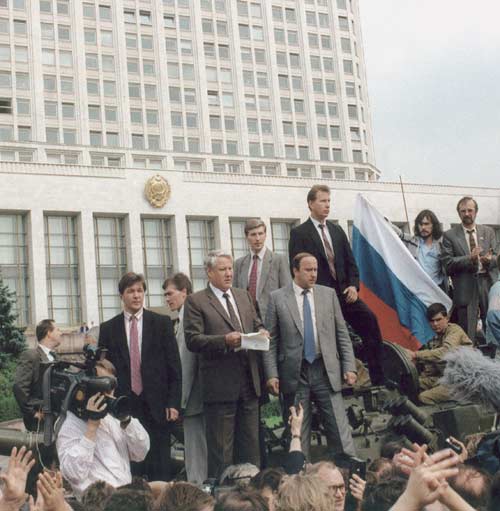
So its Sarko versus Sego. The French presidential election steps up a pace with the final two contenders being, as predicted, right-winger Nicolas Sarkozy and Socialist Segolene Royale. Royale is a rhetorical Blairite who isn't too keen to expound her policies in full, needing to triumph on a kinder, pleasanter presentational platform. Sarkozy scares the crap out of many Frenchmen, but clearly as many or more believe he offers the right medicine to break with France's perceived decline of the past couple of decades. There is no Sarkozy equivalent in British politics today - it was probably Thatcher in the 70s, offering a stark medicine to end Britain's stuttering economy. Maybe that's why the French look askance at the Sarko remedy - they know they need it, but they are fearful of the consequences. Thatcher, after all, wrenched the British economy, and society, into a new age, but the birth pangs were considerable - soaring unemployment, riot-torn inner cities, and perhaps an alienated population that still chafes the edges of society today.
Another politician who believed in shock treatment for his nation was the late Boris Yeltsin, the first non-communist president of Russia, who died today. Yeltsin was an extraordinary figure. Standing atop that tank, ordering the army to fire on the parliament building, he may have saved Russia's post-communist revolution. He certainly upstaged the besieged Gorbachev, who didn't survive long after. But what did Yeltsin give Russia afterwards? Economic shock therapy that masively enriched a few, and cast many more into poverty. One of the dirtiest of modern wars in Chechnya, still ongoing. A dizzying succession of prime ministers and finally, an ex-spy as his successor. Putin, not very democratic but certainly a lot more stable than his mentor, may in fact be Yeltsin's most popular legacy for the Russian people, which speaks volumes for Yeltsin's achievements.
the late Boris Yeltsin, the first non-communist president of Russia, who died today. Yeltsin was an extraordinary figure. Standing atop that tank, ordering the army to fire on the parliament building, he may have saved Russia's post-communist revolution. He certainly upstaged the besieged Gorbachev, who didn't survive long after. But what did Yeltsin give Russia afterwards? Economic shock therapy that masively enriched a few, and cast many more into poverty. One of the dirtiest of modern wars in Chechnya, still ongoing. A dizzying succession of prime ministers and finally, an ex-spy as his successor. Putin, not very democratic but certainly a lot more stable than his mentor, may in fact be Yeltsin's most popular legacy for the Russian people, which speaks volumes for Yeltsin's achievements.
 the late Boris Yeltsin, the first non-communist president of Russia, who died today. Yeltsin was an extraordinary figure. Standing atop that tank, ordering the army to fire on the parliament building, he may have saved Russia's post-communist revolution. He certainly upstaged the besieged Gorbachev, who didn't survive long after. But what did Yeltsin give Russia afterwards? Economic shock therapy that masively enriched a few, and cast many more into poverty. One of the dirtiest of modern wars in Chechnya, still ongoing. A dizzying succession of prime ministers and finally, an ex-spy as his successor. Putin, not very democratic but certainly a lot more stable than his mentor, may in fact be Yeltsin's most popular legacy for the Russian people, which speaks volumes for Yeltsin's achievements.
the late Boris Yeltsin, the first non-communist president of Russia, who died today. Yeltsin was an extraordinary figure. Standing atop that tank, ordering the army to fire on the parliament building, he may have saved Russia's post-communist revolution. He certainly upstaged the besieged Gorbachev, who didn't survive long after. But what did Yeltsin give Russia afterwards? Economic shock therapy that masively enriched a few, and cast many more into poverty. One of the dirtiest of modern wars in Chechnya, still ongoing. A dizzying succession of prime ministers and finally, an ex-spy as his successor. Putin, not very democratic but certainly a lot more stable than his mentor, may in fact be Yeltsin's most popular legacy for the Russian people, which speaks volumes for Yeltsin's achievements.

No comments:
Post a Comment